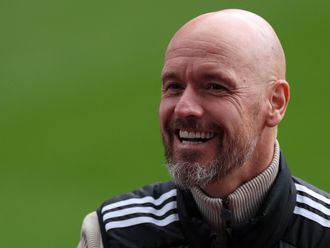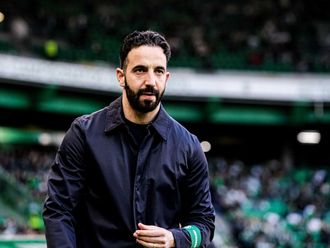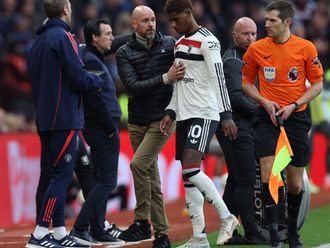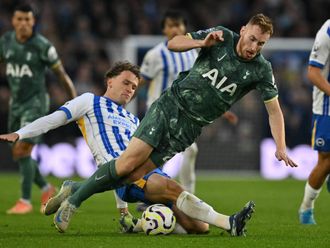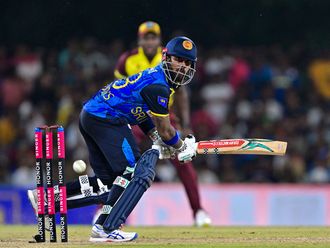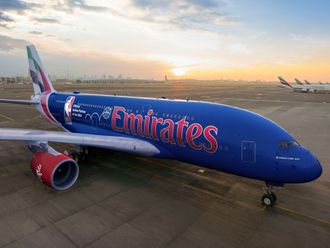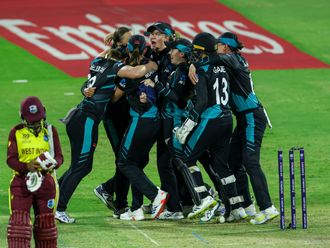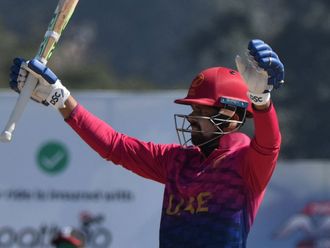Johannesburg: In the packed stands of South African football stadiums, it's almost impossible to spot a white face, a legacy of the white apartheid government's isolation of the sport as a black game.
Despite efforts to create a "rainbow nation" in the 16 years since the end of white-minority rule, local lovers of the game say the 2010 World Cup - running from June 11 to July 11 - is unlikely to integrate the stands.
"Soccer is a racial enclave here," said Joe Latakgomo, a sports journalist who worked under apartheid and wrote a book called "Mzansi Magic" (Southern Magic) on South African football history.
"The World Cup will create an awareness of soccer not being a bad thing. But it won't get white parents to encourage their kids to play soccer," he said.
"You have to build a whole new generation of supporters," said Matthew Booth, a defender on the national side and one of the country's few prominent white footballers.
In the 1960s, local clubs such as Cape Town City FC and Hellenic drew tens of thousands of white fans, and some of Durban's best footballers came from the Indian community.
Even today European teams on tour draw large audiences, but the white clubs have disappeared. The national side Bafana Bafana ("The Boys" in Zulu) has no Indian players.
The political machinations of the apartheid government confined football to the townships, black ghettos on the outskirts of cities to house the labourers who fuelled the segregated economy.
The white South African Football Association (SAFA) was banned from international sport by FIFA in 1976, after a 14-year suspension.
SAFA pushed to break up the multi-racial federation, embarrassed by its appeals to international bodies, by directing sponsorships and facilities toward an exclusively black federation.
When the white regime began to crumble under international sanctions and internal unrest, and the country slowly moved toward full democracy, white clubs began fielding integrated teams.
Clubs that had been built around a specific fan base - the Greek and Portuguese communities, for example - lost their traditional identities as whites shunned integrated football.
All formerly white-only teams are now extinct, sold off to black businessmen or simply gone out of business.
Today, white South Africans have all but abandoned local football in favour of rugby and cricket.
"There is a certain element of fear. A lot of these stadiums are in townships. Perhaps people are not feeling comfortable going there," said Booth, who is married to a former Miss South Africa finalist born in the township of Soweto.
He attributes his own love of the game to his father, who was also a footballer. "At school we were forced to play rugby and cricket. That's what white boys preferred to play," he said.
Most traditionally white schools still do not offer football, one reason for the racial divide in sport.
"It goes back to the history of soccer not being played in white schools," said Latakgomo. "That is the tragedy of our soccer development."


